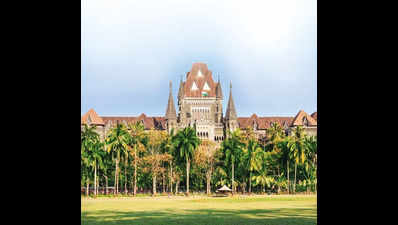
The court’s judgment came in response to a petition filed by students and parents challenging the college’s no-hijab policy, which they argued violated constitutional rights to freedom of religion and equality. The petitioners contended that the ban disproportionately affected Muslim students, restricting their right to practice their religion freely while pursuing their education.
The Supreme Court's ruling underscored that educational institutions must accommodate students' religious practices unless there is a compelling reason to impose restrictions. The court emphasized that such bans cannot be implemented arbitrarily and must be justified by a legitimate and pressing need, such as maintaining uniformity or ensuring safety.
This decision follows a series of similar cases in various Indian states where schools and colleges have faced scrutiny over policies affecting religious attire. The legal precedent set by the Supreme Court could influence how other institutions handle religious dress codes, potentially leading to more inclusive practices across educational settings.
The judgment has sparked a broader debate about religious freedoms and the role of educational institutions in upholding or restricting such rights. Supporters of the ruling argue that it reinforces the principles of secularism and individual rights enshrined in the Indian Constitution, while critics fear it may lead to complications in enforcing uniform dress codes in schools.
The response to the ruling has been mixed. Some educational leaders and policymakers are calling for a review of their dress code policies to ensure they comply with the court's directives, while others express concerns about the potential implications for institutional autonomy and discipline.
As this decision sets a precedent, it may prompt further legal challenges and discussions regarding the balance between individual freedoms and institutional regulations. Educational institutions across India are expected to reassess their policies in light of this ruling, potentially leading to changes in how religious attire is handled in schools and colleges.
This development is part of a broader dialogue on the intersection of religion and public life in India, reflecting ongoing debates about how to balance personal freedoms with institutional norms.
